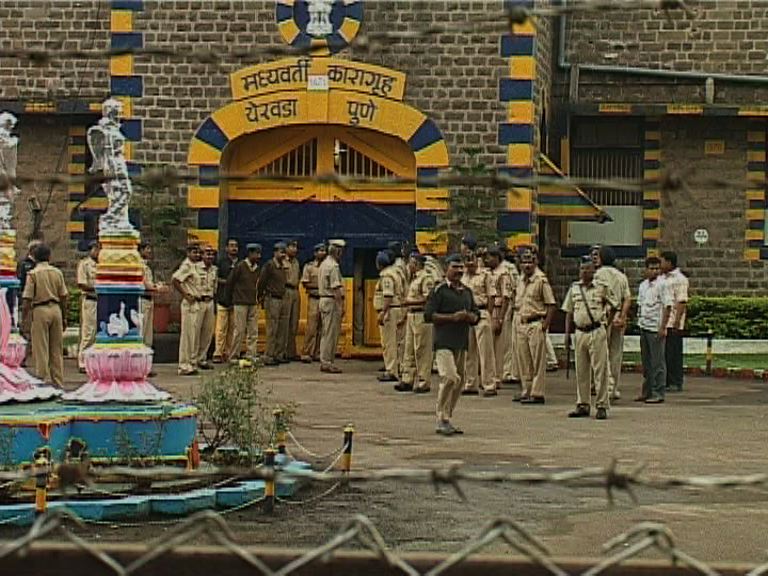By Alfred Tuinman
- 4 minutes read - 711 wordsEdited on March 21, 2023
Yerwada central jail (courtesy www.walkthroughindia.com)
My company driver had collected me from the airport. It was a hot sunny afternoon and the air conditioner of the Toyota was blowing softly. I was on my way to my office and we were driving along the busy Airport Road. Suddenly my driver felt the need for some commentary as if pretending he was a tourist guide. “On the right you can see the jail which houses our Managing Director” he informed me with somewhat of a smile on his face. I could not really share his joy and suspected it was his sweet revenge for the time that he was waiting for his salary to be paid.
Yerwada Central Jail is a high-security prison and one of the largest prisons in South Asia. It is home to actor Sanjay Dutt, convicted of illegal possession of arms relating to the 1993 Mumbai blasts case, and it was home to Kasab, a gunman in the 2008 Mumbai terror attack. The latter is past tense as he was hanged there one fine morning in 2012.
It was eight months ago that I had received a call, out of the blue, from the billionaire owner of the Group. He needed a troubleshooter and whether I was interested to work for him. I had just made myself redundant by selling the factory I had set up half a decade earlier. I was therefore very much available save my planned family holiday to Italy. It was agreed that I would join the Board as an Executive Director on my return in mid July.
The term troubleshooter proved to be a euphemism. I had ample experience in Change Management and had expected opposition from the usual suspects. To my pleasant surprise the middle management was very cooperative. The key issue was with the Managing Director who refused to relinquish any of his power during a time of great financial stress and even ignored clear instructions by the Board. My many requests for his wings to be clipped had fallen on deaf ears. As a result the MD had been sent to jail a week or so prior for non payment of statutory dues. His arrogance must have rubbed off on the CFO who felt himself over capable but yet had failed to present the banking consortium a restructuring plan as soon as it was required. I desperately needed cooperation from everybody, there was no room for politics.
As I enjoyed the cool air in the car I was once again musing my apprehension of being on the Board. By virtue of being a member of the Board one becomes responsible for the action, or in this case the inaction, of the management. As usual I had been hired to fix problems yet this would require time and time was not on my side. Debtors had accumulated a huge amount of outstanding they were unlikely to settle fast. Especially in India, with a slow legal system, when it comes to payments suppliers find themselves often at the non-receiving end. I had completed the restructuring plan which was likely to be approved by the banks any day now. Should I stay on board, fix the problems, and risk my slender neck or should I bail out I wondered? The latter is much easier said than done though. In the back of my mind was also the risk that I could be used as a possible pawn in the battle between the tax department and the owner with whom the department was fighting its own battles.
To quit or not to quit, that is the question every director must keep asking him/herself when non compliance takes place. I never expected that I would have to face this question with such an urgency and a frightful reality.
The next day during a meeting in Mumbai it became abundantly clear that the Group, due to its own legal issues, was not able to support in any which way, not even legal fees. I resigned a day later and now treasure every day I see my beautiful family.
Update
04 Aug 2014 UB Engineering without a board after string of resignations
22 May 2014 UB Engineering: the queer case of a company with no board